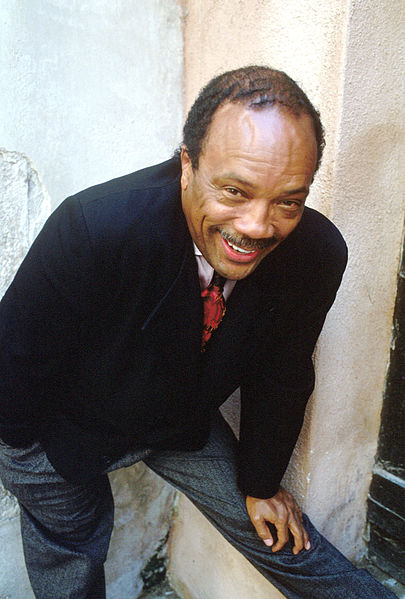New(ish) music that’s been mentioned in the media this week is “Never Been Wrong” from Waxahatchee and “The Scaramanga Six” from Stabby Fork.
The end of the year is the time for lists. The best songs, the best books, the best videos, the best movies, the best on and on. They generally are easy to read, interesting, and provide a thumbnail to follow to catch up on things you missed. Huffington Post comments on YouTube’s list of best videos by commenting that Latin music dominated this year. More lists: Junkee’s top songs of 2017, Pitchfork’s ten best TV music moments, the most shared music on Spotify and what Collegian things are the top five albums.

I try to keep an open mind, but I am 60 years old. I can’t change that. It leads me, in particularly senior-y moments, to wonder just how long some hip-hop artists can stay angry. Eminem is a good example. He has what I refer to as The Rolling Stones problem. The Stones posed as swaggering and preening teenagers in rebellion when they were young . It was brilliant then. It doesn’t work so well 70 years on, however. Everyone likes The Stones, so in the final analysis it doesn’t matter much. But it seems to be wearing thin with Eminem. Or not. I’m just an old guy, perhaps I don’t get it. UPROXX sort of touches on this issue
I confess that I had never heard of Johnny Hallyday, who died this week at age of 74. The obits, including one at CNN, said that Hallyday was “the French Elvis.” Hallyday – originally Jean-Philippe Smet – became interesting in singing after seeing a Presley movie. The story says that he remained popular and tried each successive musical genre. Hallyday was chosen to sing on the first anniversary of the Charlie Hebdo terrorist attacks.
This is another list, but one that should be given a bit of bit of special attention. Pigeons and Planes – I don’t get that either – lists what it considers the top 17 music books. Three titles that caught my eye: “How Music Works” by David Byrne, “The Last Sultan: The Life and Times of Ahmet Ertegun” by Robert Greenfield, “Mo’ Meta Blues: The World According to Questlove” and “The Death of Rhythm and Blues” by Nelson George. This is not a 2017-only list.
The emergence of the Internet of Things is allowing an incredible level of automation of everything from how vehicles travel to how lighting is used. Smart homes and smart cities are two of the big ideas using this basic technology. A piece at The Verge shows how important music is to the concept. Sonos and Ikea are announcing a partnership which is based on bringing music and sound into all areas of homes. The importance of music in the partnership is shown in the fact that this is only the third element of the Ikea Home Smart Initiative. Wireless charging and smart lighting are the first two.
It’s not particularly timely, but Paste posted a 12-minute version of Santana’s beautiful “Samba Pa Ti” that was recorded in Paris in 1976. It’s tremendous.
YouTube, which is no stranger to music services — and unsuccessful efforts to launch them – is reported ready to try again. The service, which will be called Remix, will attempt to carve out a niche alongside Spotify and Apple, Bloomberg says. The service may launch in March. The commentary in the story focuses on the negative role critics say YouTube is playing. They claim that YouTube is not paying record labels enough for use of their content.
Quincy Jones’ Qwest TV, a subscription VOD channel, will launch a week from today. The jazz only channel will provide more than 100 “curated” concerts, documentaries, interviews and archival presentation. The channel likely will take a broad view: The quote from Jones says that he has witnessed the “power of jazz – and all of its off-spring.” He lists those offspring and, not surprisingly, the kids include blues, pop, rock R&B and hip-hop.
Amazon has brought Alexa smart speakers and the Music Unlimited service to 28 more countries. The list, according to Tech Crunch: Belgium, Iceland, Bolivia, Latvia, Bulgaria, Liechtenstein, Chile, Lithuania, Colombia, Luxembourg, Costa Rica, Malta, Cyprus, Netherlands, Czech Republic, Panama, Ecuador, Peru, El Salvador, Poland, Estonia, Portugal, Finland, Slovakia, Greece, Sweden, Hungary and Uruguay.
People work long hours in Japan. Too long, in fact: A big problem is that people spend so much time working that their social relationships, family and health life suffer. Enter drones. Taisei, the company that is building the stadium that will headquarter the Tokyo Olympics in 2020, has unleased T-Frend. The security drone will blast workers with “Auld Lang Syne” to convince them to leave. The song, the piece at Engadget says, indicates closing time in Japan.


















Recent Comments